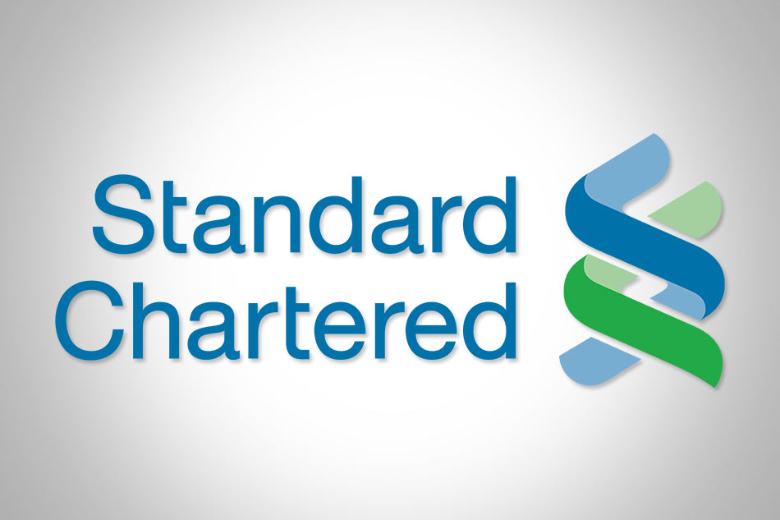Bankruptcy is a scary word. It can make you feel like you’re out of options like you have nowhere to turn. But that’s not true. Bankruptcy is a legal process that can help you get back on your feet when you’re facing overwhelming debt.
This article will discuss what bankruptcy is, the different types, and how to file. We will also talk about the benefits of bankruptcy and what to expect if you decide to file. So don’t be afraid to reach out for help. Bankruptcy may be the solution you need.
What is Bankruptcy and How Does It Work?
 Bankruptcy is a legal process that allows people or businesses to restructure their debt and repay creditors over time. It can be filed for by either the debtor or the creditor and usually results in the discharge of some debts. This means that the debtor does not have to repay those debts.
Bankruptcy is a legal process that allows people or businesses to restructure their debt and repay creditors over time. It can be filed for by either the debtor or the creditor and usually results in the discharge of some debts. This means that the debtor does not have to repay those debts.
There are two types of bankruptcy: Chapter seven and Chapter thirteen. In a Chapter seven bankruptcy, the debtor’s assets are sold to repay creditors. In a Chapter thirteen bankruptcy, the debtor reorganizes their debt and repays it over time.
How Do You Know if You Need to File for Bankruptcy?
If you are facing bankruptcy, the first thing you should do is educate yourself about the process. Bankruptcy can be a difficult and confusing time, but there are many resources available to help you through it.
You should speak with an attorney or financial advisor to determine if filing for bankruptcy is the right decision for you. They will be able to help you understand your options and what the process will entail.

Filing for bankruptcy is a big decision, and it is not one that should be made lightly. However, if you are facing serious financial difficulties, it may be the best option for you. Bankruptcy can give you a fresh start and help you get back on your feet.
If you are considering filing for bankruptcy, there are a few things you should keep in mind. First, it is important to understand that bankruptcy is a legal process. This means that there are certain rules and regulations that you will need to follow. Second, filing for bankruptcy will have a negative impact on your credit score. This can make it difficult to get credit in the future. Finally, bankruptcy is a public record. This means that your creditors will be able to see that you have filed for bankruptcy.
What Are the Benefits of Filing for Bankruptcy?
Despite the negative impacts of bankruptcy, there are also some positive aspects to consider:
- Filing for bankruptcy can give you a fresh start. This means that you will be able to get out of debt and start over.
- It can stop creditors from harassing you. Creditors are not allowed to contact you once you have filed for bankruptcy.
- It can give you some time to reorganize your finances and get back on your feet.

How Do You Go About Filing for Bankruptcy?
If you have decided that filing for bankruptcy is the right decision for you, there are a few things you need to do:
- You will need to gather all of your financial documents. This includes your income statements, bills, and debts.
- You will need to meet with an attorney or financial advisor to discuss your options.
- You will need to file the necessary paperwork with the bankruptcy court.
Bankruptcy may entail a tedious process, but it can also give you a new beginning. With the right resources and support, you can get through it.



